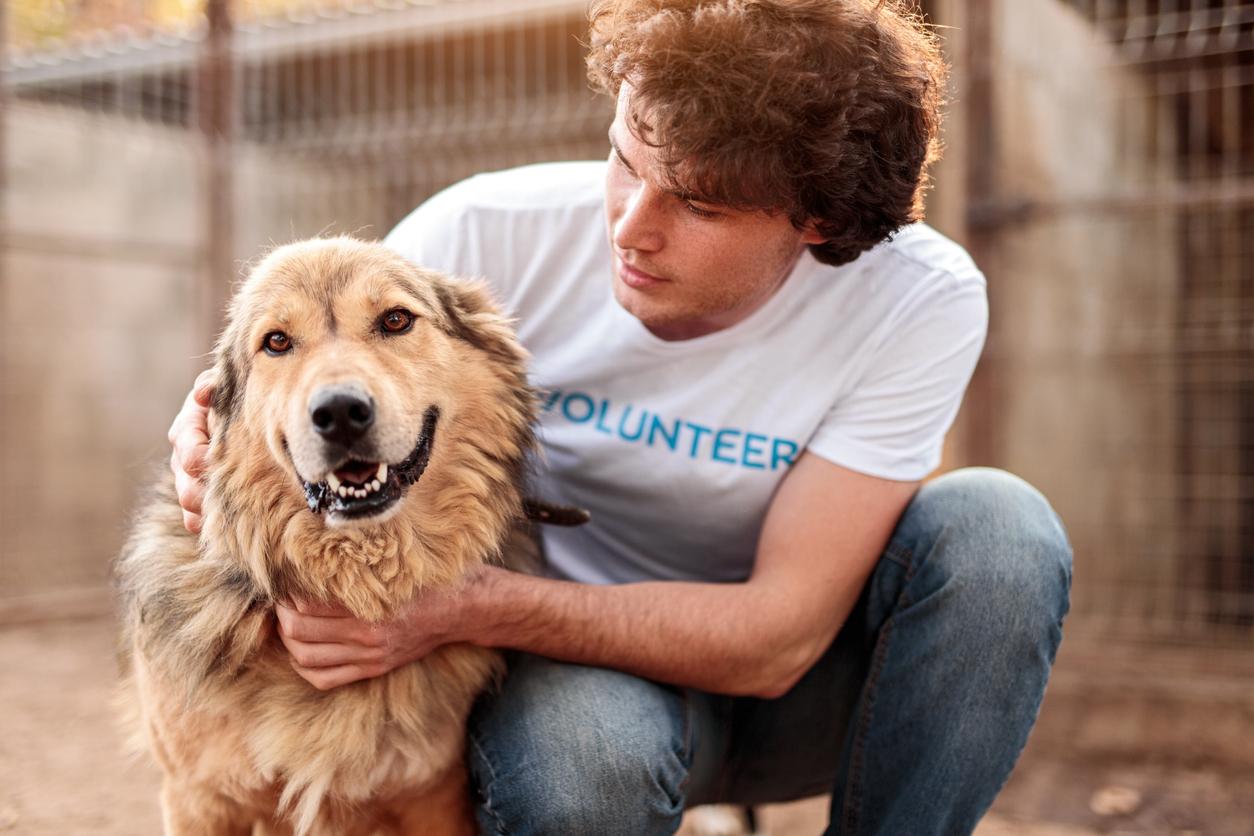A British study from the Universities of Bristol and Dundee (UK), published in the medical journal PLoS ONE, finds that dogs trained to sniff blood sugar could prevent diabetics from an upcoming hypoglycemic attack. By sniffing the breath and sweat of sick people, dogs detect that their blood sugar levels are too low and that they are on the verge of hypoglycemia. Companion dogs can spontaneously display specific behaviors when they sense that the blood is running low, most commonly barking, licking, biting, or jumping in place in front of their owner.
It is dangerous and can threaten the life of a diabetic receiving insulin. Long-term patients have often lost the ability to recognize early warning signs (tremors, anxiety, nervousness, palpitations, sweating or confusion, ataxia). “These changes in blood sugar can also change the smell of breath or sweat,” the researchers write. This fear of hypoglycemia limits patients in their daily life and in the choice of their activities. ” This fear creates psychological discomfort and changes the quality of life of diabetics who often shut themselves away at home. “, Explain the researchers.
The researchers conducted their study on 17 diabetic patients, aged 5 to 66, using a dog trained to sniff and detect low blood sugar. The results are conclusive since all the patients declare a decrease in the frequency of hypoglycemia thanks to the prevention of the dog.
In 8 out of 10 cases, the dog’s alert is justified. Diabetics claim to trust the dog to warn them of too low or too high blood sugar. 12 of the participants even declared having acquired a real independence thanks to the dog.
Unfortunately, diabetics will not be able to benefit from this canine aid because the supply of sniffer dogs is extremely limited, their training being very specific and very expensive.

















